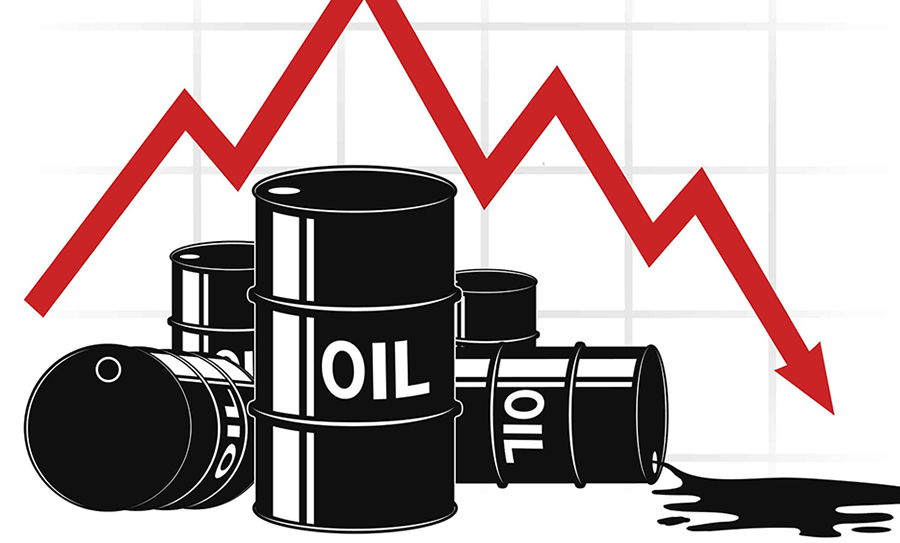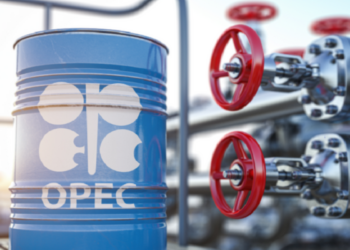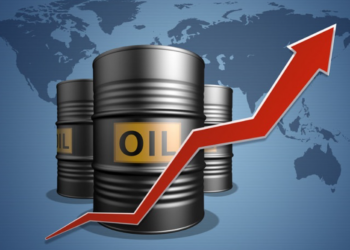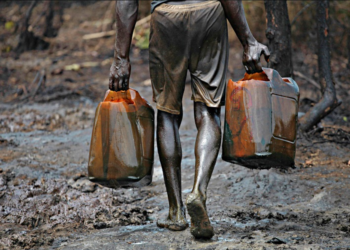According to OPEC Monthly Oil Market Report for the month of June, Brent was up 25.8% m/m to average US$40.77/b. However, on a YTD basis, Brent was substantially lower at an average price of US$42.10/b (down 36.4%) in H1 2020 when compared with the average of US$66.17/b in H1 2019. The report also revealed that OPEC crude oil production averaged 22.27 mbpd in June 2020 (down 1.89 mbpd on a m/m basis) on the back of reduced output in Saudi Arabia, Iraq, Venezuela, UAE, and Kuwait. We believe the strong growth in brent prices in the month of June was supported by the recovery in global demand for crude following the gradual easing of COVID-19 lockdown measures by countries across the globe as well as OPEC+ production cuts which contributed to a gradual rebalancing of the global oil market.
READ ALSO: Economic restrictions in world’s largest economy lowers crude oil prices
Notably, the spread between ICE Brent and West Texas Intermediate futures continued to narrow in June for the second consecutive month. The spread narrowed by US$1.43 m/m to average US$2.46/b in June compared with US$3.88/b in May. According to OPEC, this was driven by an easing of supply overhang around Cushing, Oklahoma (a key refining center in U.S and the delivery point for WTI crude oil futures) and prospects of reduced U.S oil
production this year. Already, data from Baker Hughes indicated a sharp decline in drilling activity in the US, with the number of active oil and gas rigs falling for 16 consecutive weeks.
READ MORE: Delay in passing PIB creating uncertainties in Petroleum Industry – WEIN
At the end of June, the number of active oil and gas rigs in the US fell to an all-time low of 265 units, 73% below the level in 2019, according to data from Baker Hughes.

Looking ahead, we expect OPEC+ production cuts and the recovery in global demand for crude following the easing of lockdown measures to remain positive for oil prices in the short term. We however expect the rally in oil prices to be capped by subdued growth in the global economy which would limit the pace of recovery in oil demand. In our view, the biggest downside risk to the rally in the oil market remains the growing number of new infections across the globe particularly in the U.S, which could prompt a second wave of lockdown and halt the recovery in global demand for crude.
Download the Nairametrics News App
CSL Stockbrokers Limited, Lagos (CSLS) is a wholly-owned subsidiary of FCMB Group Plc and is regulated by the Securities and Exchange Commission, Nigeria. CSLS is a member of the Nigerian Stock Exchange.





















